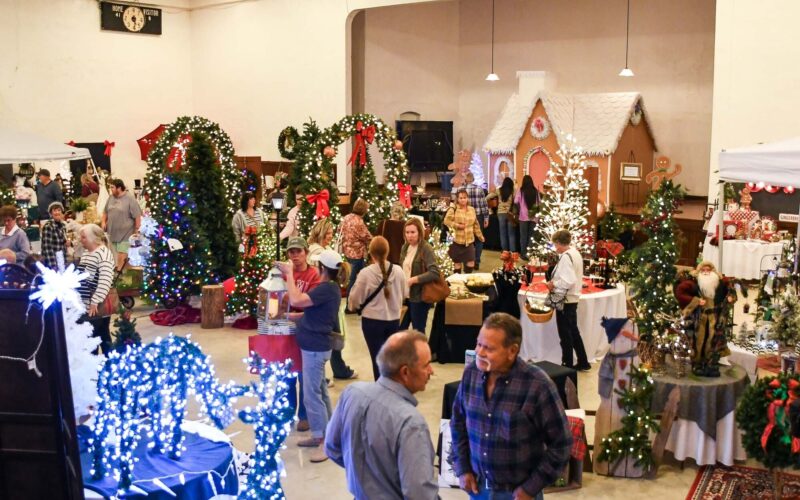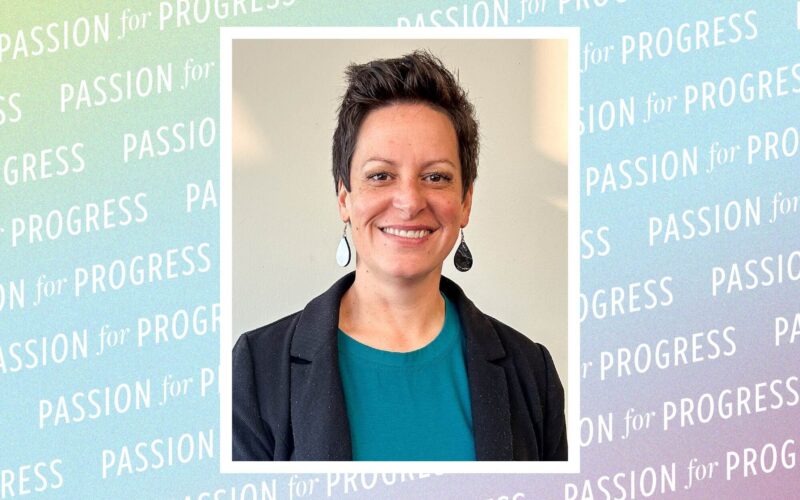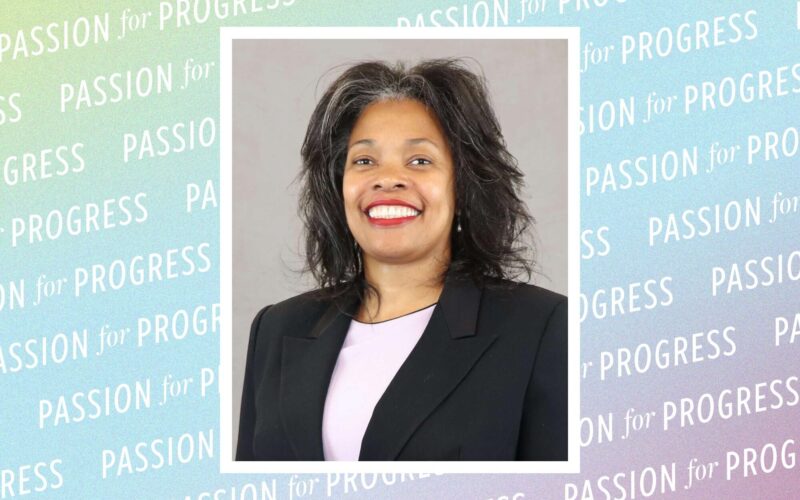By Brian Fogle, President & CEO
Simplifying the fractured definitions of philanthropy
When I was a kid growing up in a small town during the ’60s, we had one radio AM radio station. From 4 until 5:30 in the afternoon, Joe the DJ spun 45s that some might have considered “pop.” The thing was, you might have to suffer through a Wayne Newton song to get to a Beatles tune, or tolerate an Engelbert Humperdinck record to get to the Strawberry Alarm Clock. It’s just what you did.
The few vacations we took always required searching for the next station, if you could find one, to find something you could enjoy. Seems like there were a lot of hymns I could find traveling across the Kansas plains, or even country music, but I’m not sure the British Invasion made it that far inland. The thing was, we just called it “music,” and you knew you could patiently wait for a song or two to get to a “listenable” one.
Now I have satellite radio with more than 200 channels, each one focused on a certain type of music. There is reggae, reggaeton, acid, acid house, hip-hop, trip-hop, rap, chill, house, lounge, R&B, soul, dub-step, glam, heavy metal … well, you get the picture. Don’t like the song you hear? Change the station to one of the 250 or so other choices. I no longer have to listen to your music to get to my music. Choice is a good thing, right? What was once simply “music” has now fractured into shards of labels.
I was actually thinking of this as I read a recent editorial from MacKenzie Scott. Since the divorce from Jeff Bezos, she has very deliberately focused on giving her wealth away to charitable causes she cares about. She was reflecting on the word “philanthropy,” and what that has come to mean.
“It’s not a word I have ever loved or identified with. A lifetime of cultural references associated it with financially wealthy people who believed they knew best how to solve other people’s problems,” she writes. “So I was surprised to discover that dictionary definitions of philanthropy are so inclusive and beautiful: ‘love of humankind’; ‘the desire to promote the welfare of others’; ‘generous donation of money to good causes’; ‘work of practical beneficence.’ What had happened? Somewhere along the line, this big, lovely word had shriveled to describing the humanitarian impulses of less than 1% of the world’s population.”
We know philanthropy is so much more than the “humanitarian impulses” of the rich. It was the group of New York schoolkids who sent us $42 from a lemonade stand to benefit tornado survivors in a town they’d probably never heard of. It’s a neighbor giving another neighbor a cup of sugar because, well, they’re neighbors. It’s a family donating time to serve meals to the less fortunate during the holidays. Just as we took the “big, lovely word” of music, and made it punk or screamo or any other niche style, we’ve mislabeled and diminished philanthropy. We all can be philanthropists.
This is a special time of year. I am most familiar with the Christian tradition and the celebration of God’s ultimate gift to the world, his only begotten son. Other faiths and beliefs also put giving at the center of this season. As we recently topped the half-billion mark in cumulative grants and distributions earlier this month, it was a reminder that philanthropy is a lovely word, and it is for everyone. Maybe even Engelbert Humperdinck.
Brian Fogle is the President and CEO of the Community Foundation of the Ozarks.



